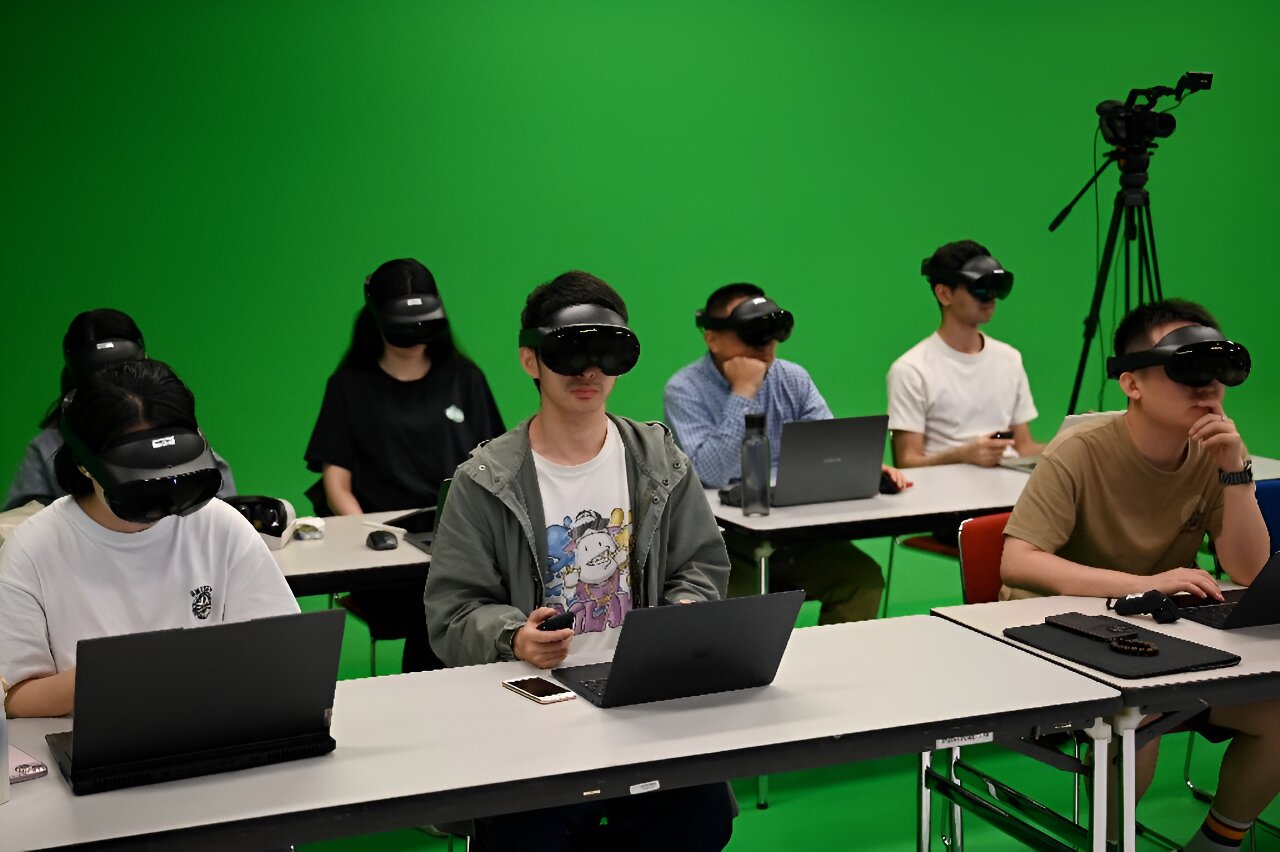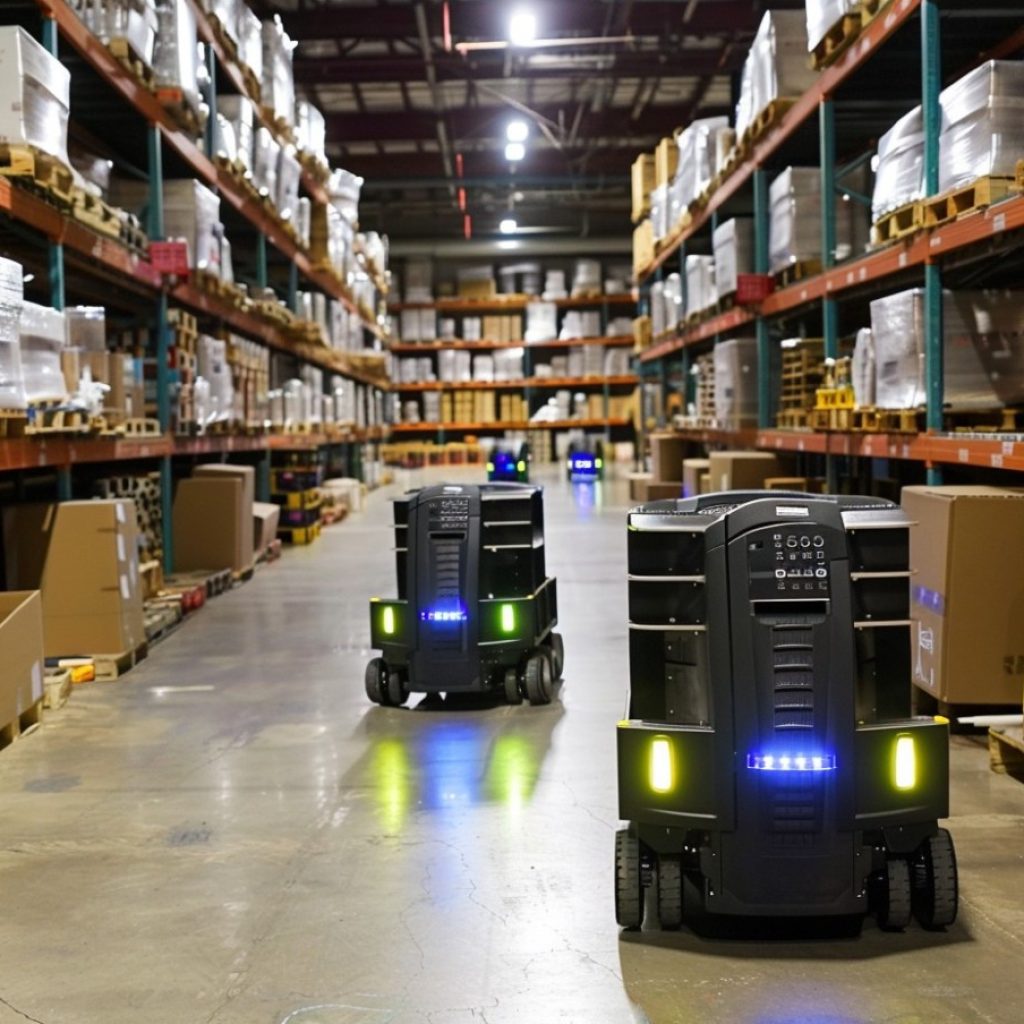Jet engines are a marvel of engineering, but they require meticulous maintenance and inspection to ensure they perform at their best. In a groundbreaking development, GE Aerospace has unveiled the Sensiworm, a remarkable soft robotic device designed to streamline the inspection process for jet engines. The Sensiworm, short for “Soft ElectroNics Skin-Innervated Robotic Worm,” has the potential to revolutionize how we inspect and repair jet engines, offering a more efficient and cost-effective alternative to traditional methods.
The Sensiworm’s unique abilities
Jet engines are intricate machines with numerous moving parts that operate under extreme conditions, including high heat, intense vibrations, and varying degrees of pressure. Traditionally, human inspectors and borescopes have been used to assess their condition, often requiring the engine’s removal from the aircraft for inspection. The Sensiworm changes the game by providing a non-invasive, on-wing inspection solution.
Inspired by nature
The Sensiworm’s design is inspired by nature, much like an inchworm. It navigates autonomously using two sticky suction-like appendages on its bottom, allowing it to wriggle into crevices and maneuver around the engine’s complex curves. This innovative design allows the robot to locate and identify issues such as cracks, corrosion, or inadequate thermal barrier coatings.
Advanced sensors and cameras
Equipped with state-of-the-art cameras and sensors, the Sensiworm is a high-tech inspection tool. These onboard instruments provide real-time data and live video feeds, allowing operators to closely monitor the condition of the engine components without disassembling it.
Complementary to human operators
The Sensiworm is envisioned as a “mini-robot companion” that extends the capabilities of human service operators. Instead of relying solely on human eyes and hands, operators can now employ these soft, compliant robots to inspect every inch of a jet engine. This collaborative approach ensures that no detail is overlooked during inspections.
Obstacle navigation and gas leak detection
In a demonstration video, the Sensiworm showcased its remarkable capabilities. It effortlessly navigated around obstacles within the engine, demonstrating its adaptability. Moreover, the robot demonstrated its ability to cling to a spinning turbine, a task that would be perilous for a human operator. Additionally, the Sensiworm exhibited gas leak detection skills, highlighting its potential for enhancing safety during inspections.
Moving beyond inspection
While the primary focus of the Sensiworm has been on inspections, GE Aerospace has ambitious plans for its future development. Deepak Trivedi, Principal Robotics Engineer at GE Aerospace Research, revealed that they are actively working on enhancing the robot’s capabilities to perform repairs once it identifies a defect. This evolution could potentially reduce downtime and maintenance costs significantly.
The future of jet engine maintenance
Cost-effective and efficient
The introduction of the Sensiworm represents a significant leap forward in the field of jet engine maintenance. By eliminating the need to remove engines for inspection, airlines and maintenance teams can save substantial time and money. This cost-effective approach to maintenance ensures that aircraft can spend more time in the air and less time on the ground.
Enhancing safety and reliability
Safety is paramount in aviation, and the Sensiworm plays a crucial role in ensuring the safety and reliability of jet engines. By providing a thorough inspection of critical components, it helps prevent potential failures that could compromise the safety of passengers and crew.
Environmental benefits
Reducing the need for engine removal not only saves costs but also contributes to environmental sustainability. By minimizing the disruption caused by engine maintenance, the Sensiworm helps reduce carbon emissions associated with aircraft downtime.
The Sensiworm, GE Aerospace’s latest innovation in soft robotics, holds the promise of revolutionizing the inspection and maintenance of jet engines. Its ability to navigate complex engine structures, identify defects, and potentially perform repairs makes it a valuable addition to the aviation industry. As this technology continues to evolve, it is expected to enhance safety, reduce costs, and contribute to a more sustainable future for air travel. GE Aerospace’s commitment to innovation underscores its dedication to advancing aviation technology and ensuring the highest standards of safety and reliability in the industry. With the Sensiworm leading the way, the future of jet engine maintenance looks brighter than ever.





